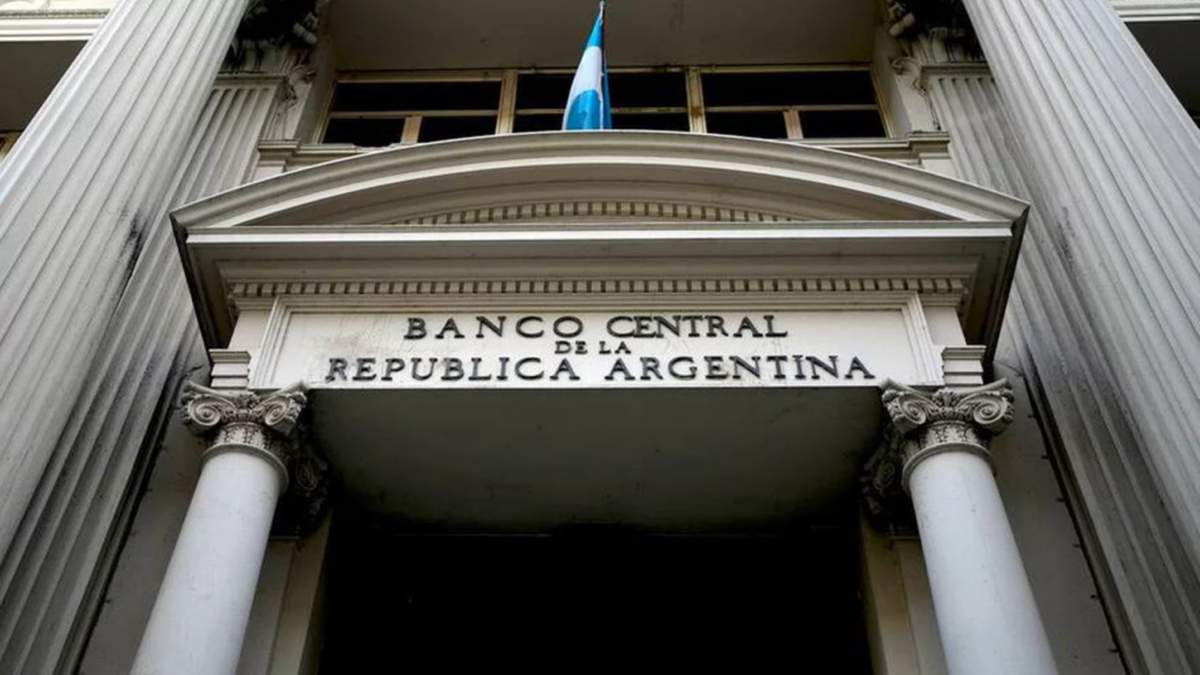The SPD politician replied to several journalists’ questions about a possible lifting of the controls: “As long as there is a need, we will define this exceptional situation very precisely.” At the same time, she emphasized: “It should stay that way, that these are exceptional situations.” The question and answer session in full:
This video is disabled
Please activate the categories Performance Cookies and Functional cookies in your cookie settings to view this item. My cookie settings
Since the refugee crisis in 2015, Germany, Austria and several other countries have been carrying out checks at some crossing points at the internal Schengen borders, which are actually free of border controls. In the case of Germany, this happens at the autobahn border crossings between Bavaria and Austria. These measures must be reported to the EU Commission and renewed every six months. The Commission has been trying for years to have these controls lifted, so far without success.
Faeser calls for speedy reform
In the press conference with Interior Minister Gerhard Karner (ÖVP), the German minister particularly emphasized the importance of a “rapid reform of the EU return directive”. That will be a key issue at the EU Interior Ministers Council next week, she said. Faeser emphasized that Germany supports the proposals of French President Emmanuel Macron. Among other things, France is committed to registering migrants with photos and biometric data and linking databases. Faeser’s statement to look up:
This video is disabled
Please activate the categories Performance Cookies and Functional cookies in your cookie settings to view this item. My cookie settings
Austria also supports improved registration, but rejects the French proposal that countries that do not want to take in asylum seekers as part of a refugee distribution within the EU should make them pay. Interior Minister Karner did not address the payment issue directly on Monday, but emphasized again that Austria “cannot now participate” in the distribution system in view of the high number of asylum seekers in the country itself.
In view of the more tense situation in the Ukraine crisis, both countries are preparing for possible refugee movements from the region. Both Faeser and Karner emphasized that the main aim was to provide the countries directly neighboring Ukraine with “neighborhood assistance” and to support them in looking after any refugees. This will also be a topic of the security briefing with Chancellor Karl Nehammer (ÖVP), said Karner. Following the briefing, Nehammer had announced a press conference on the situation in Ukraine for Monday at 2:30 p.m.
Video: Karner said that in the press conference with his German colleague
This video is disabled
Please activate the categories Performance Cookies and Functional cookies in your cookie settings to view this item. My cookie settings
Responding to a journalist’s question about border fences that are being erected in Europe – sometimes also on the EU’s internal borders – Karner emphasized the importance of “robust external border protection”: “Ultimately, there is a need for such robust and tough measures.” He referred to his visit to Lithuania in January, where he had inspected the border fence on the EU’s external border with Belarus. Poland and Lithuania had recently been under strong pressure from refugees who had been brought into the country by plane from Belarus and then sent to the European Union. After the press conference on Monday, the Ministry of the Interior made it clear that Karner’s statements on border fences only referred to the situation in Lithuania.
Two-day conference in Vienna
Faeser completed a bilateral working visit to Vienna on Monday and then attended the opening of the repatriation conference in the Hofburg, which lasted until Tuesday, before traveling on. The German Ministry of the Interior will be represented at the conference by Parliamentary State Secretary Mahmut Özdemir. The prepared final declaration of the conference will be supported by Germany and the concerns of the event will be “very strongly supported”, announced the minister.
The repatriation conference is to deal with the fight against people smuggling and better EU external border protection. A special focus is to support the Balkan countries in the operational implementation of returns, Karner had announced in advance. At the conference, the needs of the Western Balkan countries are to be recorded and regional return mechanisms are to be set up and activities bundled. Karner is scheduled to hold a press conference on Tuesday with EU Neighborhood Commissioner Olivér Várhelyi and Bosnian Security Minister Selmo Cikotic.
Source: Nachrichten




